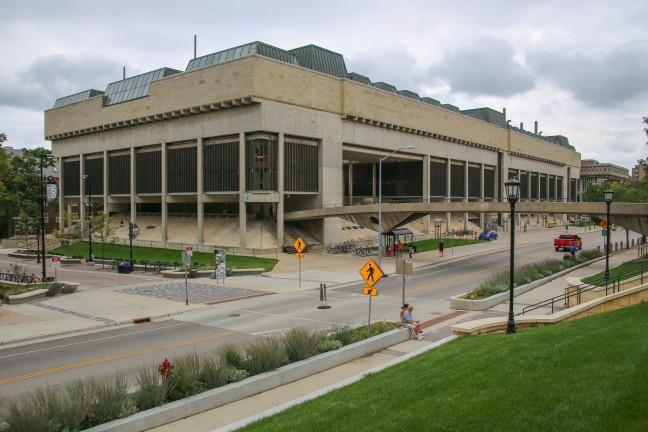Humanities students may soon be better equipped to counter questions like “So, humanities? What are you going to do with that?” thanks to a University of Wisconsin program aimed to help graduate students find employment with a recently renewed $1.1 million grant.
Diana Hess, dean of the UW School of Education, said the “Engaging the Humanities” program could make a huge difference for students seeking jobs outside academia.
Hess said the program is particularly exciting because it provides new opportunities for academic staff and is designed to have a real effect on the community, in line with the Wisconsin Idea.
Funding disparity between STEM, humanities programs impacts enrollment
The Andrew W. Mellon Foundation, which funded the million-dollar grant, has consistently invested in activities on campus and substantially supported these innovations in higher education over the years, Hess said.
“It’s evidence of the quality of what’s happening on campuses,” Hess said.
Sara Guyer, president of the Consortium of Humanities Centers and Institutes, said Engaging the Humanities consists of three core components: five annual graduate fellowships that place students in internships across the city, a program to develop a sustainable curriculum for high schools across the state and funding for translations of faculty members’ work.
Guyer said the Center for Humanities launched the program in 2013 “with the aim of developing new pipelines for graduate student careers outside of academia and fostering a culture in which there is a much stronger relationship between the university and the surrounding community.”
“Humanities education is at the heart of UW … and even before UW-Madison was a land-grant institution, it was a liberal arts university,” Guyer said.
The program is designed to help humanities students think about what careers outside their field look like, show their future students humanities majors do not lead to dead-end careers and embrace the diverse outcomes of graduate education.
One of the biggest challenges of the current job market is the proliferation of Ph.D.s compared to job opportunities, Guyer said. Grants like these are part of the changing way humanities are funded, when “the future of the Ph.D. itself” is at stake.
“My hope is that the model we have developed through this grant will have multiplier effects, not just across the humanities at UW — and the country — but also for the sciences and social sciences, where graduate students face many of the same questions about their future careers,” Guyer said.














